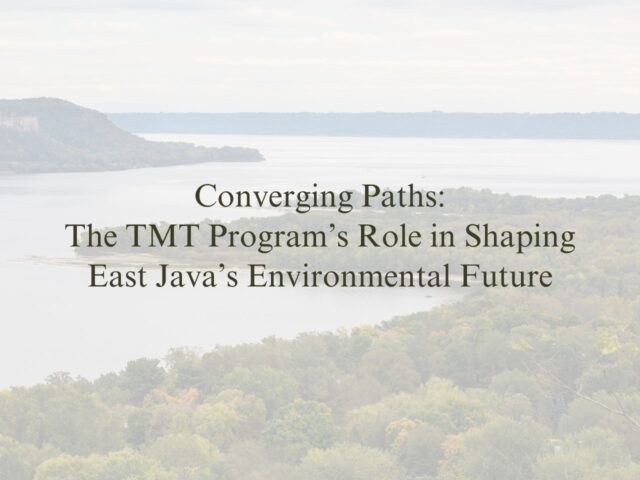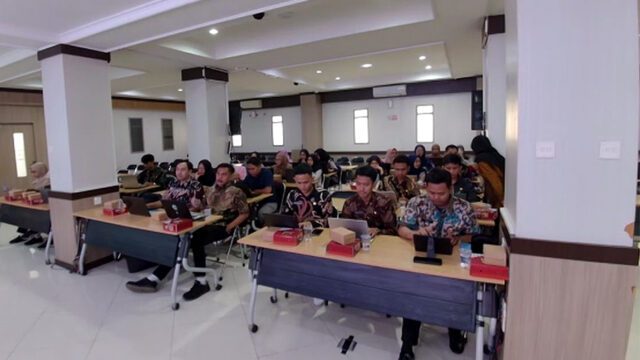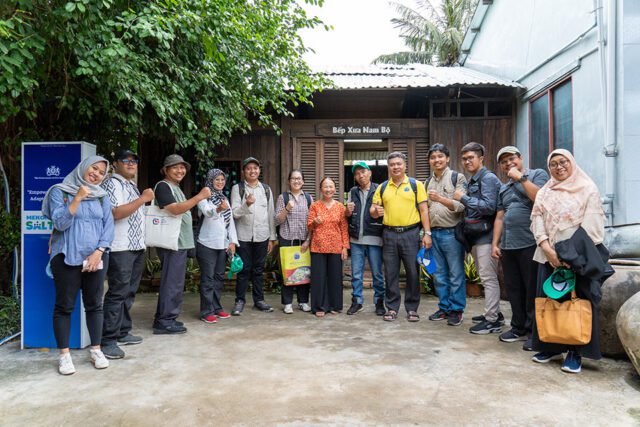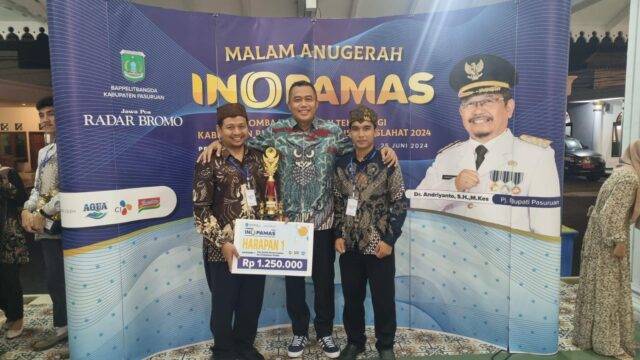Following the end of the the TMT program on “Sustainable River Basin Management” initiated for the East Java government, The Water Agency invited Dr. Diswandi, an expert who contributed to the program, and Mrs. Nuning Nur Laila, a dedicated participant of the program from the Environmental Agency of Malang, to talk about their experiences with the program.
Bridging Academia and Policy: Dr. Diswandi’s Vision for Sustainable Development in East Java
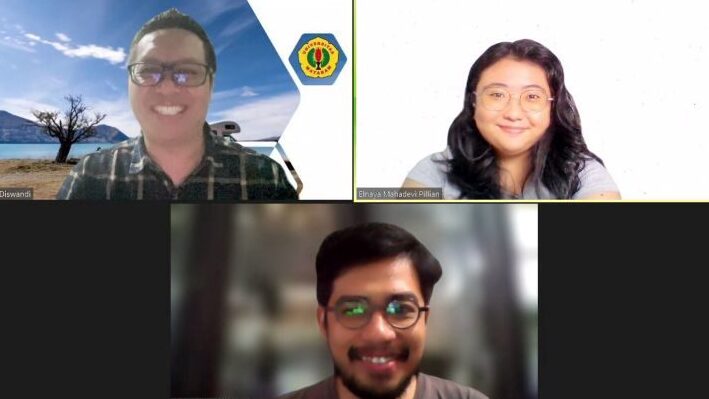
In the heart of Indonesia’s academic sphere, Dr. Diswandi, an associate professor at the University of Mataram, contributed an effort that transcends the traditional boundaries of education and governance. His recent involvement in the “Payment for Ecosystem Services: From Theory to Practices” course, part of the Tailor-Made-Training (TMT) program for East Java’s civil servants, marks a significant stride towards sustainable river basin management.
The “Tri Dharma” Philosophy
Dr. Diswandi’s approach is deeply rooted in the “Tri Dharma” of higher education, which encompasses education, research, and community service. He emphasizes the gradual application of academic theories, acknowledging that immediate implementation is not always feasible. However, his dedication to imparting knowledge ensures that civil servants are well-equipped to tackle environmental challenges and devise effective solutions. Despite the uncertainty of his research being directly utilized by policymakers, Dr. Diswandi remains steadfast in his commitment to contribute scholarly work. He views the TMT program as a direct channel to enhance public welfare, serving as a testament to community service and the practical impact of academic endeavors on society.
Payment for Ecosystem Services (PES): A Shared Governance
Dr. Diswandi advocates for PES as a crucial framework for East Java’s sustainability efforts. By highlighting the shared responsibility in governance, he challenges the narrative that places the blame solely on citizens. PES underscores the role of government in establishing regulations that support sustainable practices. While unsure of PES’s application in East Java, Dr. Diswandi points to its successful implementation in Lombok since 2017. This collective responsibility scheme, backed by regional legislation, sets a precedent for mandatory enforcement across Indonesia.
The Criticality of Sustainable River Basin Management and TMT as a Catalyst for Change
The significance of sustainable river basin management in East Java is contingent on the region’s water conditions. Dr. Diswandi stresses the pivotal role of upstream communities in maintaining water quality, advocating for incentive-based policies to foster a paradigm shift towards environmental stewardship. He envisions the TMT program as a continuous process, extending beyond the classroom. He calls for immediate application of the training, coupled with diligent monitoring, to drive systemic change that benefits all stakeholders. His aspirations for the program reflect a belief in the transformative power of education to achieve economic and environmental sustainability.
In conclusion, Dr. Diswandi’s insights reveal a profound understanding of the interconnectedness between academia and policy. His efforts to bridge these realms through the TMT program illuminate a path towards a more sustainable and equitable future for East Java and beyond.
Fostering Environmental Mastery: Nuning Nur Laila’s Insights from the TMT Program
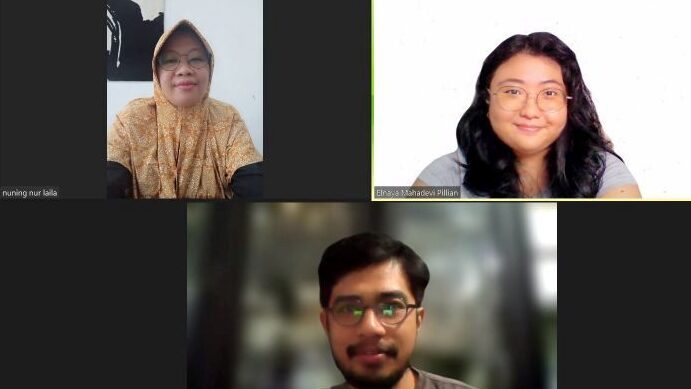
Nuning Nur Laila, a dedicated member of the Environmental Agency of Malang, recently shared her transformative experience with the TMT program. Her journey, devoid of prior academic or professional background in environmental studies, stands as a testament to the program’s inclusive and comprehensive design.
Demystifying Environmental Expertise
The TMT program’s ability to cater to participants across various levels of expertise left a lasting impression on Mrs. Nuning. The courses she attended were instrumental in her acquisition of technical knowledge and environmental expertise, which have since become invaluable assets in her professional endeavors. Laila’s professional revelations highlight a critical issue within government operations: the tendency to default to segmented authority and bureaucracy. The courses underscored the necessity for a unified vision, urging governmental entities to converge and harness a collective imagination for more effective environmental governance.
Envisioning a Sustainable East Java
Post-TMT, Laila’s aspirations for East Java’s environment are ambitious. She envisions a future where collective imagination is elevated, facilitating regular interactions among diverse parties. She identifies a prevalent challenge within the government: the generalization of tasks at the expense of mastery. Laila advocates for a collaborative masterplan that delves into the intricacies of environmental challenges, ensuring inclusivity and depth in sustainable strategies.
The TMT program’s excellence, according to Laila, lies in its ability to unite government officials of various roles and positions, fostering collaboration under the guidance of experts. This convergence is crucial in crafting a masterplan that not only addresses immediate environmental concerns but also lays the groundwork for long-term sustainability.
In essence, Nuning Nur Laila’s reflections on the TMT program illuminate the power of education in bridging gaps in environmental knowledge and policy. Her hopes for East Java’s sustainable future resonate with a call to action for all stakeholders to engage, deliberate, and master the art of environmental stewardship together.

